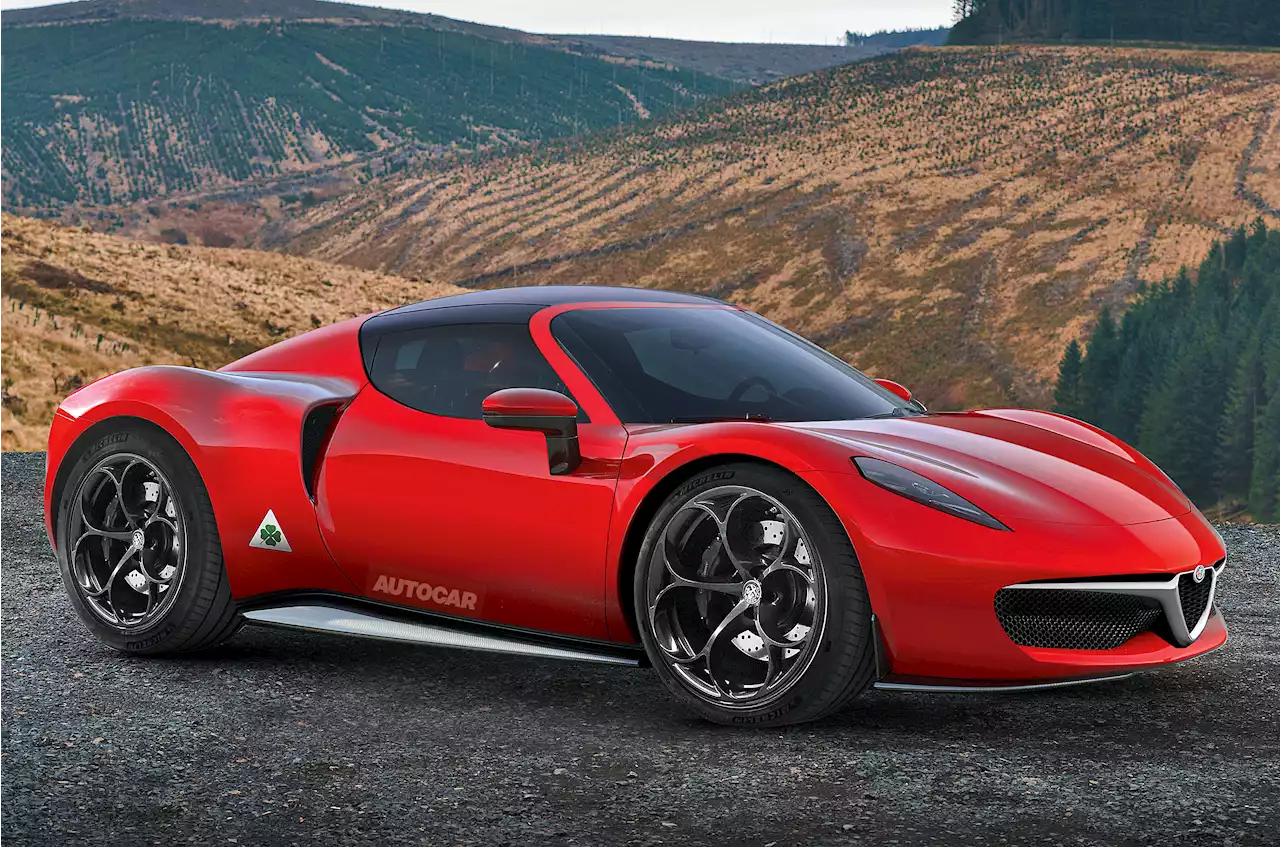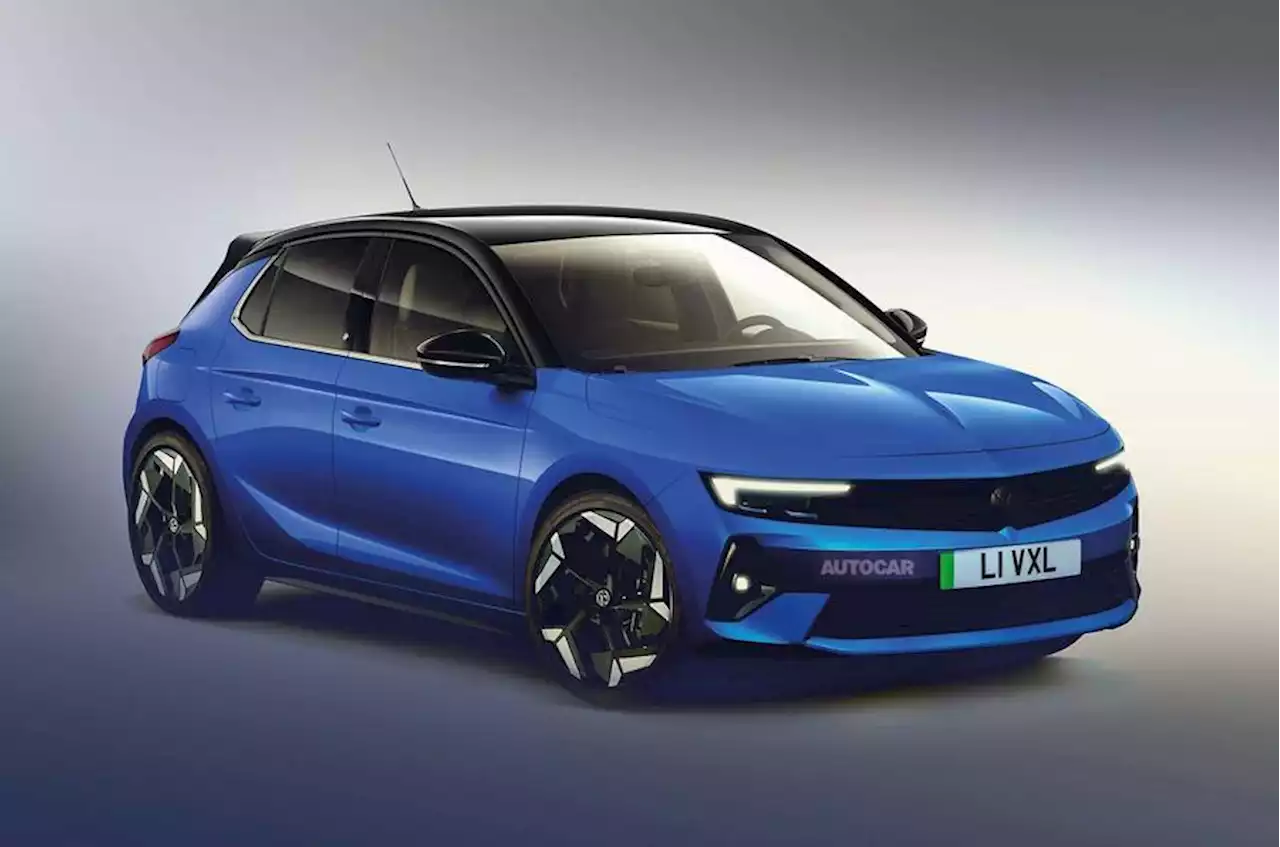Regenerative braking is a hugely efficient way of recuperating lost energy, but what makes it so effective? Jesse Crosse explains
It goes like this: reducing weight reduces the amount of fuel consumed and therefore the amount of pollutants emitted. Less fuel then has to be carried, saving more weight and therefore saving more fuel. The brakes can then be smaller, because the kinetic energy in the car is reduced, and smaller brakes weigh less. And so it goes on.
A well-executed regen system recovers significant amounts of energy when the vehicle is slowing, and in some EVs the amount is displayed in real time in the instrument display. It’s kinetic energy that the driver has paid for in real money and in a plain combustion-engined car would be discarded and lost forever.
United States Latest News, United States Headlines
Similar News:You can also read news stories similar to this one that we have collected from other news sources.
 Alfa Romeo supercar nearly sold out ahead of summer launch | AutocarNew model from Italian brand, running parallel to current lineup, will be announced in April
Alfa Romeo supercar nearly sold out ahead of summer launch | AutocarNew model from Italian brand, running parallel to current lineup, will be announced in April
Read more »
 New electric Porsche Cayenne expected in 2026 | AutocarElectric Porsche Cayenne will follow a reworked version of the current combustion engined SUV by mid-decade
New electric Porsche Cayenne expected in 2026 | AutocarElectric Porsche Cayenne will follow a reworked version of the current combustion engined SUV by mid-decade
Read more »
 Britain's best cheap cars - Dacia vs Hyundai vs MG vs Kia | AutocarIs it still possible to find a new car that's both cheap and cheerful? Join matty_prior and JamesDisdale in our latest video as they find out
Britain's best cheap cars - Dacia vs Hyundai vs MG vs Kia | AutocarIs it still possible to find a new car that's both cheap and cheerful? Join matty_prior and JamesDisdale in our latest video as they find out
Read more »
 Bold 2023 Vauxhall Corsa facelift to gain new 'Vizor' styling | AutocarFacelifted Vauxhall Corsa will feature new 'Vizor' face and tech improvements as part of a mid-life refresh later this year
Bold 2023 Vauxhall Corsa facelift to gain new 'Vizor' styling | AutocarFacelifted Vauxhall Corsa will feature new 'Vizor' face and tech improvements as part of a mid-life refresh later this year
Read more »
 Haibike AllMtn CF 6 electric bike review | AutocarThe Haibike AllMtn CF 6 e-bike may be agile and playful, but is it the go-to machine for mountain bike enthusiasts?
Haibike AllMtn CF 6 electric bike review | AutocarThe Haibike AllMtn CF 6 e-bike may be agile and playful, but is it the go-to machine for mountain bike enthusiasts?
Read more »
 Jeep to launch electric Land Rover Defender rival by 2025 | AutocarAmerican brand's range will grow to seven models starting with Avenger ahead of 2030 EV-only target
Jeep to launch electric Land Rover Defender rival by 2025 | AutocarAmerican brand's range will grow to seven models starting with Avenger ahead of 2030 EV-only target
Read more »
